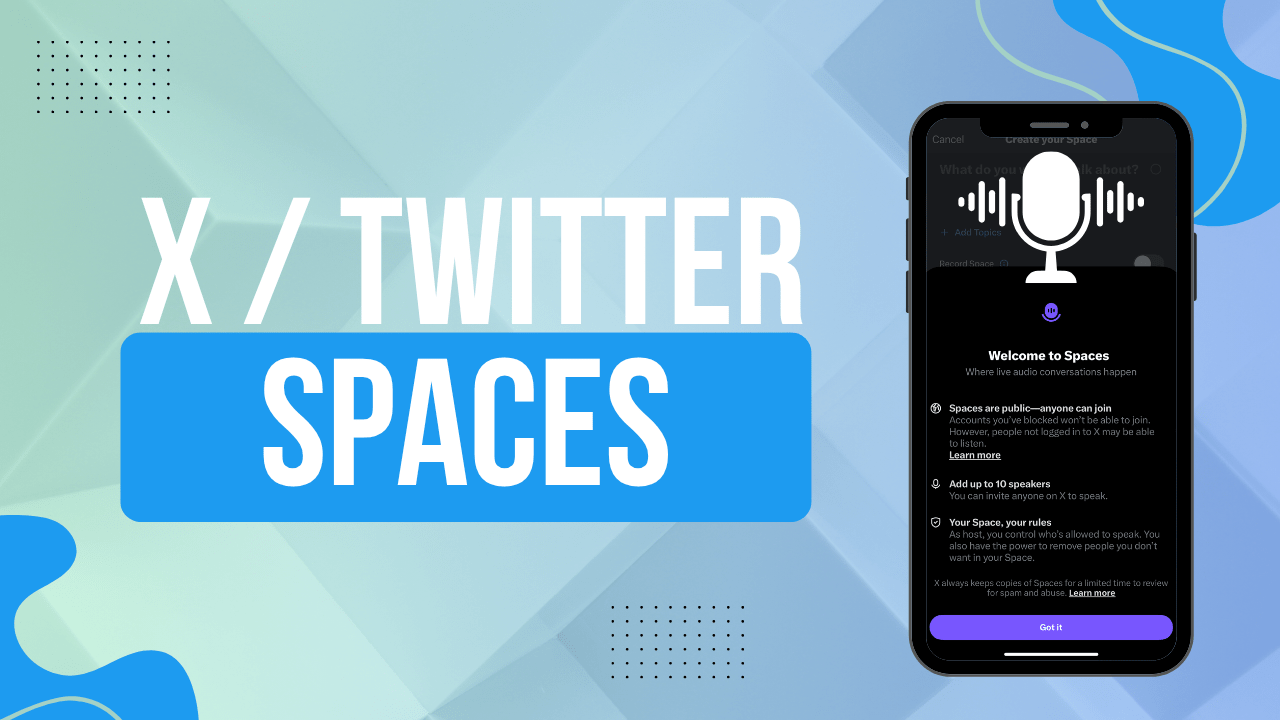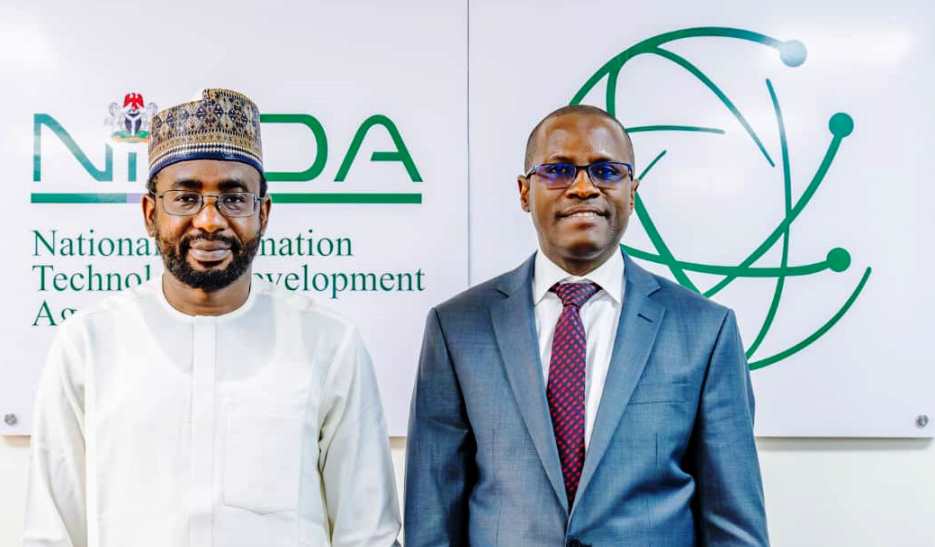The arena of Nigerian politics has shifted dramatically over the past decade. Where political battles were once fought at rally grounds and town squares, today the battleground is digital—and the first shots are fired as notifications on our phones. A new form of political discussion emerges as Spaces go live on X (formerly Twitter), helmed by savvy social media hosts, sometimes drawing audiences in the tens of thousands. These shows often center around questions such as, “Is Nigeria ready for a leadership transformation in 2027?” or “Does Candidate X have what it takes to build the nation’s future?”
The influence of these hosts is unmistakable, and it’s rarely neutral. This growing class of digital political influencers curates opinions, steers debates, and can even set the tone for national conversations—all from behind a screen. Frequently, they operate as unofficial spokespersons for political figures, pushing narratives, countering criticism, and amplifying their patrons’ presence when the principal actors themselves remain silent. This reflects a subtle revolution: in Nigeria, the commodity of choice ahead of elections is not just campaign posters or television ads, but influence itself, often traded in the digital marketplace.
Influencing isn’t a stranger to Nigerian politics. In the 1990s, musicians and Nollywood stars often propelled candidates’ campaigns through memorable jingles and energetic endorsements. By the 2015 general elections, WhatsApp networks had become powerful platforms, quickly spreading memes, audio recordings, and all kinds of information—true or otherwise. Now, X Spaces are centre stage, providing a platform that feels like a non-stop town hall, but that is cheaper, faster, and more far-reaching.
Unlike traditional gatherings, digital Spaces can be convened daily and easily reach across borders, attracting both Nigerians at home and in the diaspora. However, these lively sessions are rarely organic. Political campaign teams now curate and fund them, recognizing that shaping online conversation is just as powerful—if not more so—than drawing crowds in stadiums. This is especially potent in a society where attention translates quickly to political traction.
It is, as some media insiders in Abuja and Lagos openly admit, an “open secret”: influential digital hosts are often on politicians’ payrolls. Compensation packages vary, from monthly salaries to pay-as-you-host arrangements, and short-term contracts for managing public reactions to hot-button controversies. Yet, contrary to public assumptions, these arrangements are frequently less about ideological loyalty and more about economic necessity.
Given the high levels of unemployment and underemployment—Nigeria’s National Bureau of Statistics reportedly placed youth unemployment at roughly 42.5% in 2023—becoming a paid political influencer offers an appealing source of income. For the country’s tech-savvy youth, hosting Spaces, trending hashtags, and shaping narratives offer both a professional outlet and a means to survive.
The strategy itself is straightforward. An influencer launches a Space with a hot topic—perhaps on the economy, security challenges, or corruption scandals. Rather than a genuine debate, the discussion is carefully steered, aligning with a patron’s message. Sometimes, the approach is to uplift a candidate as relatable or visionary; at other times, it’s to attack an opponent or sow seeds of doubt in the public’s mind.
Beneath the surface of apparent open debate, much of this is carefully orchestrated theatre. Moderators decide which contributors can speak, highlight familiar X users, and at times silence those with dissenting viewpoints. Many listeners, unaware of these machinations, might leave thinking they have experienced organic dialogue, when in reality they’ve consumed a show crafted behind the scenes.
This blurring of engagement and manipulation is at the crux of the current digital conversation. Political influencers extend their reach beyond Spaces, flooding X feeds with hashtags, bite-size video clips, and memes—sometimes aided by bots or coordinated retweet efforts. The resultant effect is the illusion of broad participation: It seems as though “everyone is talking about it,” when in fact narratives are carefully manufactured and distributed.
What frequently dominates online trends may have originated in a private WhatsApp discussion, received approval from a campaign headquarters, and is now being pushed by a small circle of influencers. The core mechanics remain reminiscent of old-school radio propaganda—except now, audience members can “raise a hand” and add their own voices, making the entire exercise feel more participatory, even if much of it is staged.
There’s an undeniable irony at play. The same social tools and energy that once mobilized powerful grassroots movements like #EndSARS or West Africa’s feminist collectives are now being appropriated for commercial and political purposes. Rather than supporting community-driven advocacy, these digital platforms risk becoming tools for engineered narratives, masquerading as grassroots engagement.
The manufactured sense of consensus is potent: it encourages loyalists, confuses undecided voters, and forces adversaries onto the defensive. In contexts where perception often dictates reality—an enduring reality in Nigerian politics—this can have far-reaching consequences for public trust and democratic participation.
While long-form debates find a home in X Spaces, TikTok has emerged as the new frontier for political messaging in short, emotional formats. Influencers edit passionate speeches into catchy 30-second clips with dramatic music, or use creative cuts to lampoon political figures. According to Accra-based digital analyst Ama Mensah, “A single viral video can swing perception, especially among youths who engage more with entertainment content than traditional news.”
Such relatable videos cross into the wider youth culture, reaching audiences who may never join a Space but spend considerable time on TikTok and similar platforms. In effect, TikTok and Spaces collaborate in a digital relay: Spaces generate content, TikTok polishes and disseminates it, and influencers cycle it through multiple channels until it feels like an authentic national conversation.
With the 2027 general elections on the horizon, these trends are set to escalate. Three factors are propelling this shift:
- Youthful Digital Presence: According to INEC, over half of Nigeria’s registered voters in 2023 were under the age of 35. This demographic is not only digitally active but also sets trends online, compelling political campaigns to prioritize digital outreach.
- Declining Traditional Media Influence: While radio and TV continue to play roles in political discourse, their sway is waning, especially within cities and among younger voters. Consequently, campaign budgets increasingly favor digital influencers who can mobilize engagement.
- The 2023 Digital Surge: The Labour Party’s robust online movement in the last election cycle offered a blueprint: strong digital campaigning can disrupt established power structures—if not always translating online momentum to electoral victory, it still has undeniable impact on narrative and participation.
Nigerians can expect a flood of hyper-curated Spaces, hashtag wars, and viral clips as 2027 draws near. However, with the rise of paid and promoted content, separating genuine public sentiment from orchestrated trends is increasingly challenging.
Some observers argue that this is a form of democratization, giving ordinary citizens a louder voice and using technology to bypass traditional gatekeepers. However, the reality is more complicated. When financial clout determines whose opinions rise to the top and whose are suppressed, digital influence becomes yet another currency of political power.
The dangers run deeper than just misinformation. An erosion of public trust is at stake. If people start to view every Space as paid, each influencer as compromised, and trends as manufactured, they may lose faith in the digital political space altogether. That kind of distrust threatens democracy itself, breeding indifference and disengagement at a time when civic engagement is sorely needed.
So, how should Nigerian voters and their West African counterparts respond? The responsibility ultimately falls to each individual to practice discernment. Ask probing questions before joining any Space: Who is hosting? What is their agenda? Why is this topic suddenly trending? Transparency and accountability are essential—audiences can demand disclosures regarding political affiliations and funding from those driving online debates. As Lagos-based journalist Chiamaka Okorie puts it, “We scrutinize our offline sources; we must scrutinize digital hosts, too.”
Furthermore, relying on a diverse mix of news sources—traditional outlets, independent online platforms, and real-world community discussions—can help counterbalance the risks of echo chambers or manufactured narratives. Media literacy and critical thinking are vital tools against digital manipulation, not just for Nigeria but across the continent.
Digital platforms like X Spaces and TikTok are now vital to political strategy, much as WhatsApp and Facebook were during previous ballots. But in this new era, voters—and content consumers—must take greater responsibility for parsing fact from spin.
Today’s political influencers fill the shoes of traditional campaign foot soldiers, but their rations are hashtags, not rice, and their “rallies” are digital town halls, not open-air gatherings. Their reach is profound, their tactics increasingly refined, and their impact undeniable on election campaigns from Lagos to Accra.
As 2027 approaches, one thing is clear: the contest for Nigeria’s future is unfolding not only in polling units and collation centers, but also across our screens, in the voices and content crafted to sway, inform, or manipulate the electorate.
Are Nigerians and West Africans ready to take charge of the digital conversation, question the motives behind the voices they follow, and demand greater transparency? How citizens answer this challenge may help shape the future of democracy—not just here, but across Africa’s digital frontier.
What do you think: are digital influencers strengthening or undermining democracy in Nigeria and West Africa? Share your thoughts in the comments below and join the conversation!
Have an insider tip, personal story, or opinion on digital politics or elections? We want to hear from you! Email us at story@nowahalazone.com to get your story featured or discuss selling your story.
For support or general inquiries, contact support@nowahalazone.com.
Stay engaged: follow us on Facebook, X (Twitter), and Instagram for the latest updates, debates, and stories from across Nigeria, Ghana, and West Africa.










